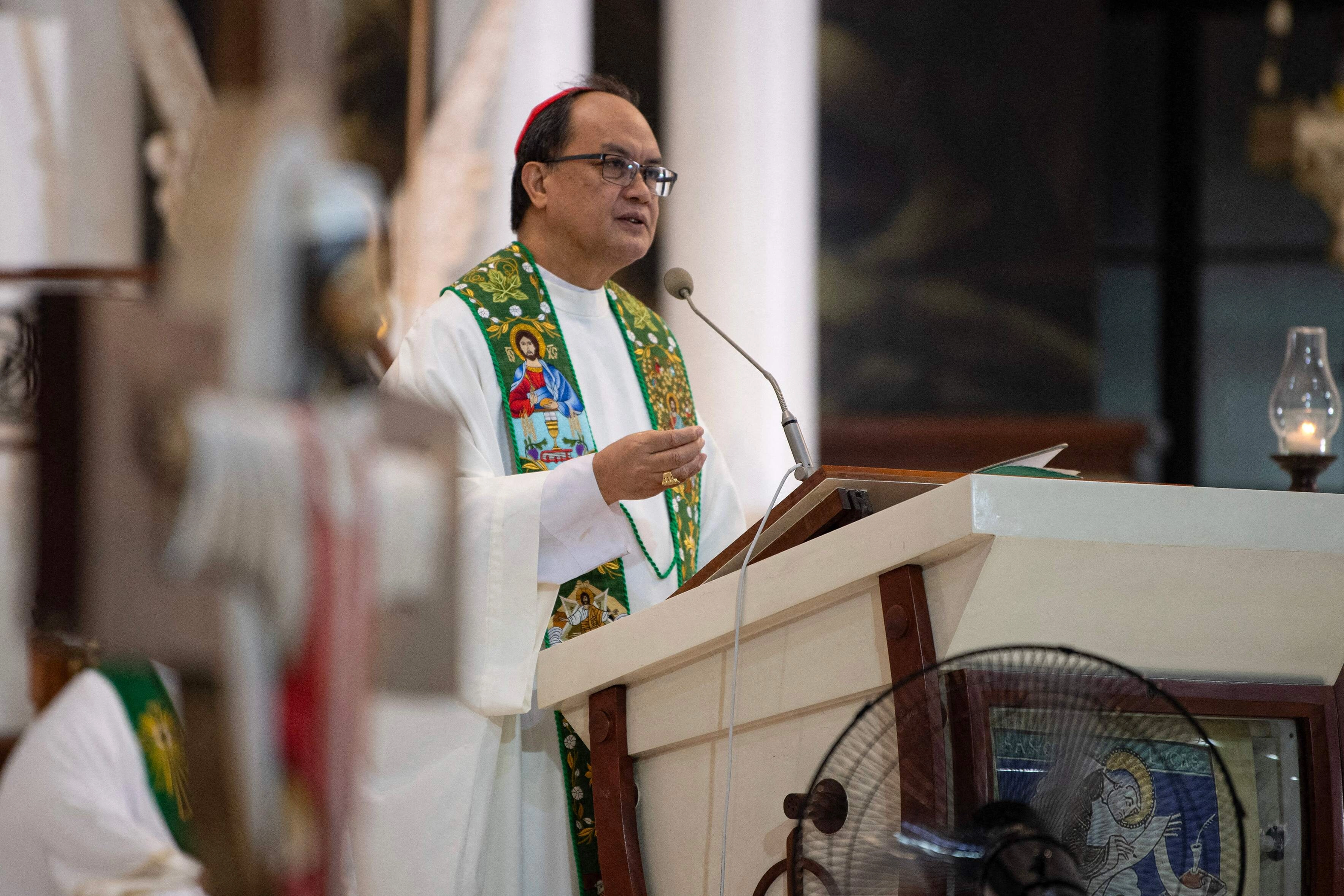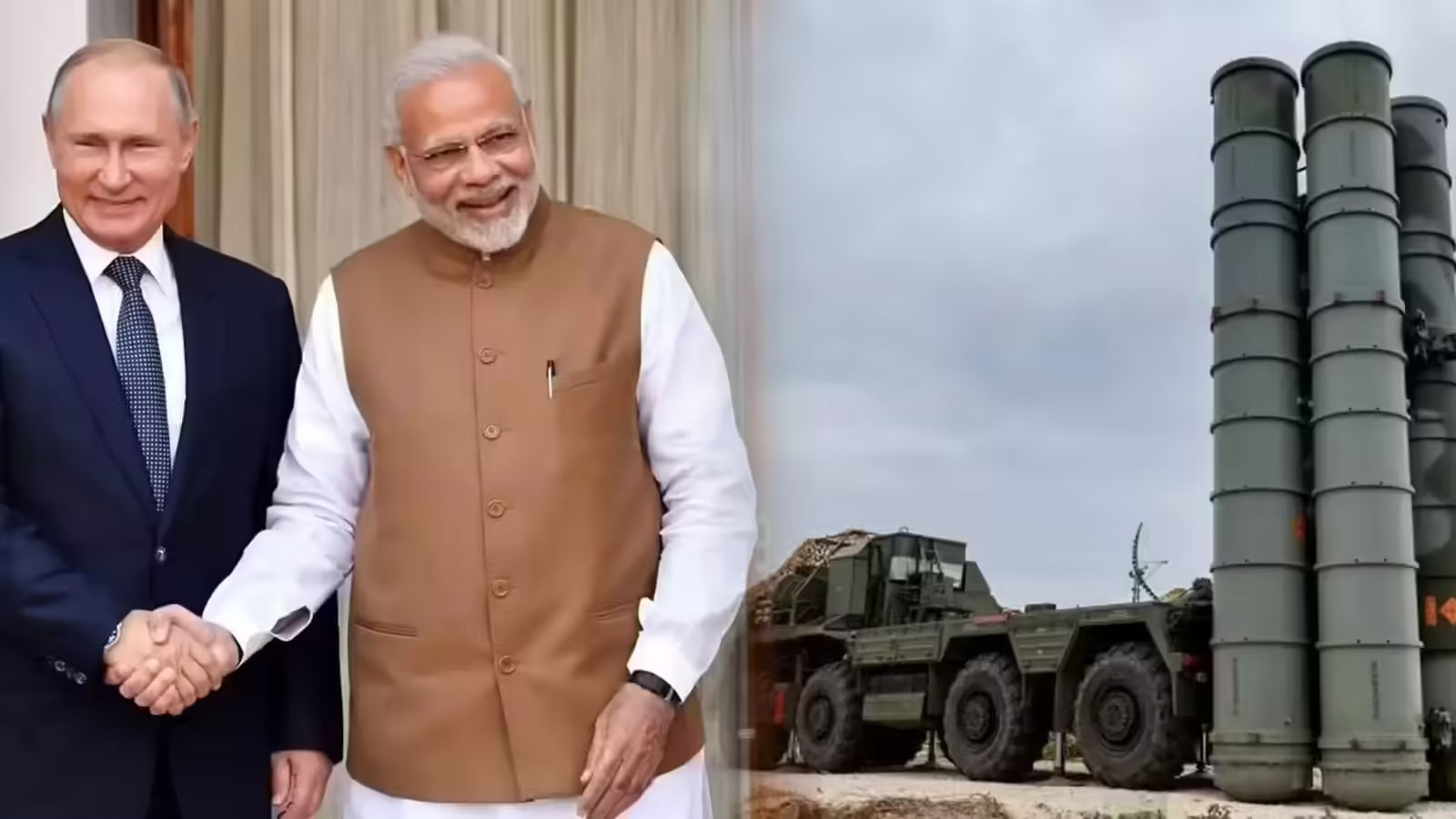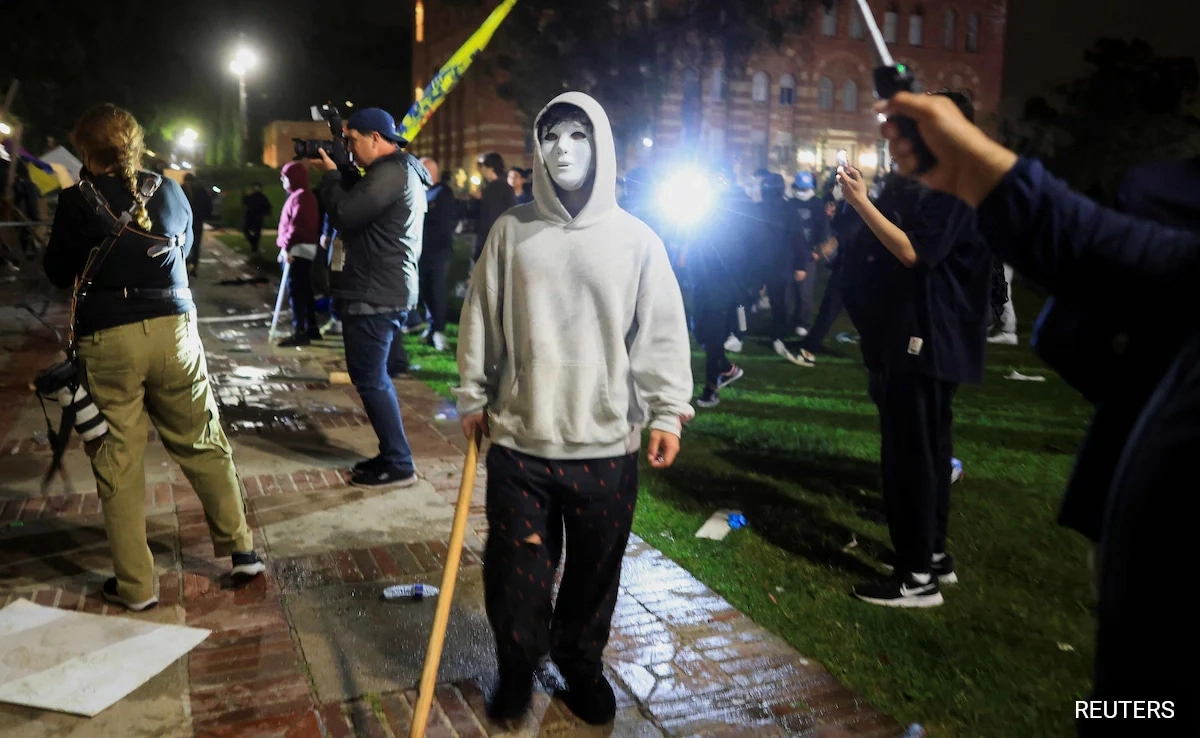In a striking turn of events, a prominent figure who once stood in opposition to his own president’s aggressive drug war is now playing a crucial role in a profoundly different arena—helping to select the next pope. This unexpected trajectory highlights the complexities of political and spiritual leadership in the modern world. The individual in question, once a controversial voice against the harsh measures implemented in the name of combating drug-related crime, has transitioned from a position of dissent to one of influence within the Catholic Church. This shift not only underscores the evolving nature of his career but also reflects broader societal changes surrounding issues like drug policy and moral authority.
The drug war, often characterized by its punitive approach, has drawn significant criticism for its impact on communities, particularly in regions heavily affected by violence and addiction. The figure’s defiance against the president’s policies was rooted in a belief that compassion and rehabilitation should take precedence over punitive measures. His stance resonated with many who sought reform in a system that often marginalized vulnerable populations. Now, as a member of the conclave tasked with selecting the next pope, he brings with him a unique perspective shaped by his experiences in the political arena and a commitment to social justice.
This convergence of politics and religion opens up a dialogue on the role of faith leaders in addressing contemporary issues. As the Catholic Church navigates a complex landscape marked by challenges such as globalization, inequality, and moral crises, the influence of those who advocate for progressive change becomes increasingly significant. The figure’s involvement in the papal selection process could signal a shift towards a more compassionate and reform-oriented Church leadership, one that prioritizes healing and understanding over condemnation. His journey from resisting a war on drugs to participating in a pivotal moment for the Catholic Church illustrates the potential for transformative leadership that aligns moral conviction with the pressing needs of society.




